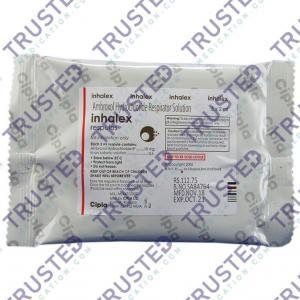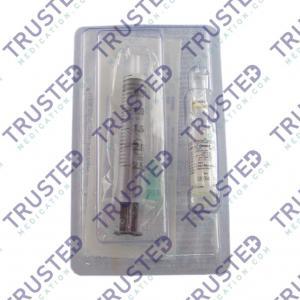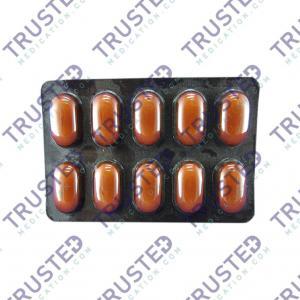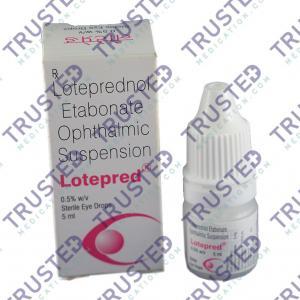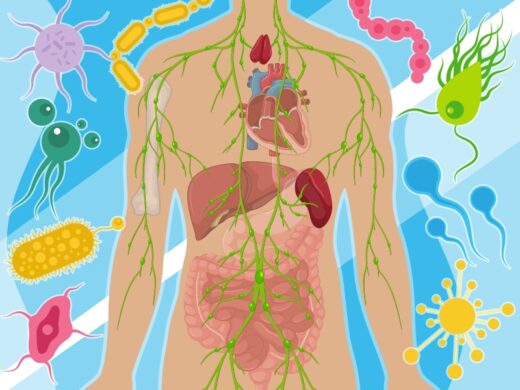
The immune system protects your body from outside invaders. These include germs such as bacteria, viruses, fungi, and toxins. The immune system is made up of different organs, cells, and proteins that work together.
What Are Body Parasites?
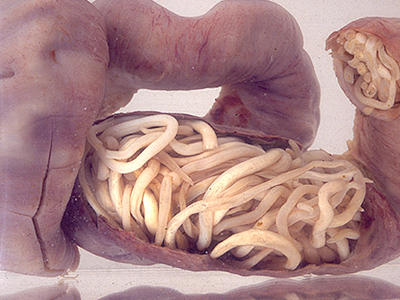
The word parasite will make most people cringe, probably because they associate it with little worms living inside them. The biologist Carolus Linnaeus used the term parasite to describe tapeworms. Nowadays, a parasite refers to any microorganism adapted to live in or on another organism, from which the parasite obtains nutrients while causing the other organism harm. This broad definition includes viruses and members of the six Kingdoms of life, namely Archaea, Bacteria, Fungi, Protozoa, Plantae, and Animalia. Yet, in parasitology, the field of biology that studies parasitic organisms, the term “parasite” applies only to protozoans, helminths, and insects.
These microorganisms vary widely in their characteristics. Many are invisible to the human eye, such as the malarial parasite, but some of these can reach over 35 centimeters in length. Parasites are not a disease, but they can spread diseases. Different parasites have different effects.
There are three types of human parasites:
- Protozoa: These are single-celled organisms that can multiply in humans. These parasites can spread through person-to-person contact, contaminated food and water, and insect bites. Protozoa include Plasmodium malaria, which causes malaria infection, and Cryptosporidium, which is ingestible.
- Helminths are parasitic worms that often root in a person’s digestive tract. Helminth parasites cannot multiply or divide within a human body and eventually pass through a person’s stool. These include Ascaris lumbricoides, and hookworm parasites.
- Ectoparasites: These are tiny organisms that live on the outside of the body. These include ticks, fleas, and lice.
How Do You Know If You Have Body Parasites?
As parasites release toxins into the bloodstream, they can cause similar symptoms to various gastrointestinal conditions. You may have contracted a parasite after swimming or returning from an international trip to a tropical country. It is also possible to see white thread-like creatures in stools caused by some intestinal parasites that are large enough to be seen with the naked eye.
Some parasites do not cause noticeable symptoms; however, some grow, reproduce, or invade healthy functioning systems, making their hosts sick and resulting in parasitic infection. In the case of parasitic infections, you may not be able to gain weight because they consume your food, leaving you hungry after meals. Some feed on your red blood cells, causing anemia, and others lay eggs, resulting in itching, irritability, and even insomnia.
What is the Treatment for Body Parasites?
Once you know what type of parasite infection you have, you can choose how to treat it. Some parasitic infections disappear independently, especially if your immune system is healthy and you eat a balanced diet.
Your doctor will generally prescribe oral medication for parasites that don’t go away on their own. This treatment is generally effective and proven to work. Some individuals choose natural remedies to cleanse their bodies of parasites instead of conventional treatments, although these remedies are unproven.
Recommended medicine used to manage parasite infections:
- Ivermectin – Ivermectin belongs to the anthelmintic group of drugs. It works by paralyzing and inactivating the gut of parasites in humans. It stops the adult one from producing larvae. It kills the newly developed parasite and works to treat the infection. This medicine does not harm the human brain. There is a blood-brain barrier that blocks this medicine from reaching our brains. It only works to kill the parasite.
In addition to the medication treatment, the following tips can often help prevent parasitic infection:
- Avoid cross-contamination during food prep by keeping meat separate from other foods.
- Avoid or limit your consumption of raw or undercooked meat, fish, or poultry.
- Clean up animal waste as soon as possible.
- Disinfect all cutting boards, utensils, and countertops that touched raw meat.
- Don’t eat watercress or other freshwater plants raw.
- Don’t walk barefoot in places where soil may contain feces.
Also, be sure to give your hands a good scrubbing with soap and water at these times:
Before food prep
- Before eating
- After touching raw meat
- After touching an animal or animal waste
- After using the toilet
- After changing a diaper or caring for someone who’s sick



